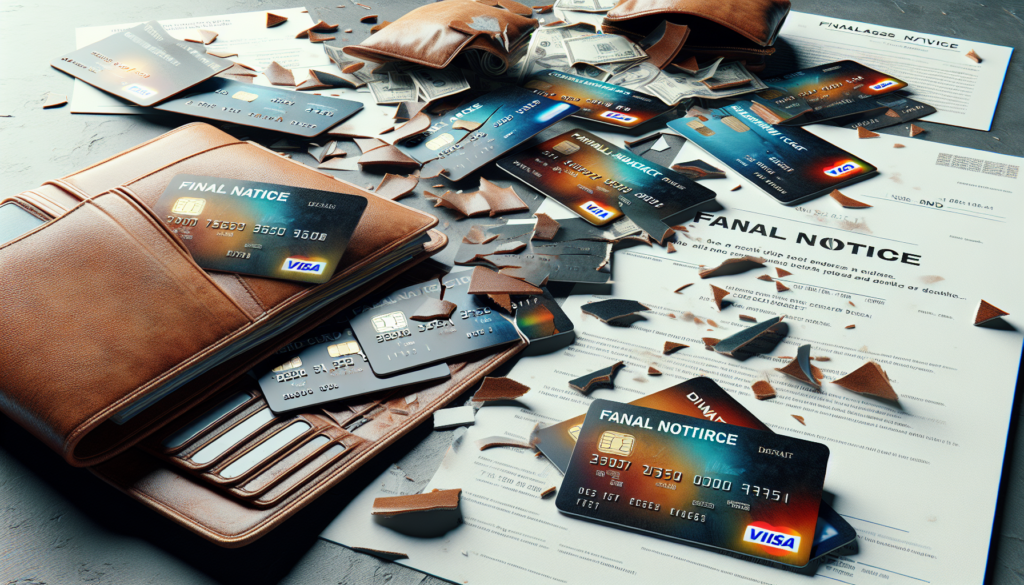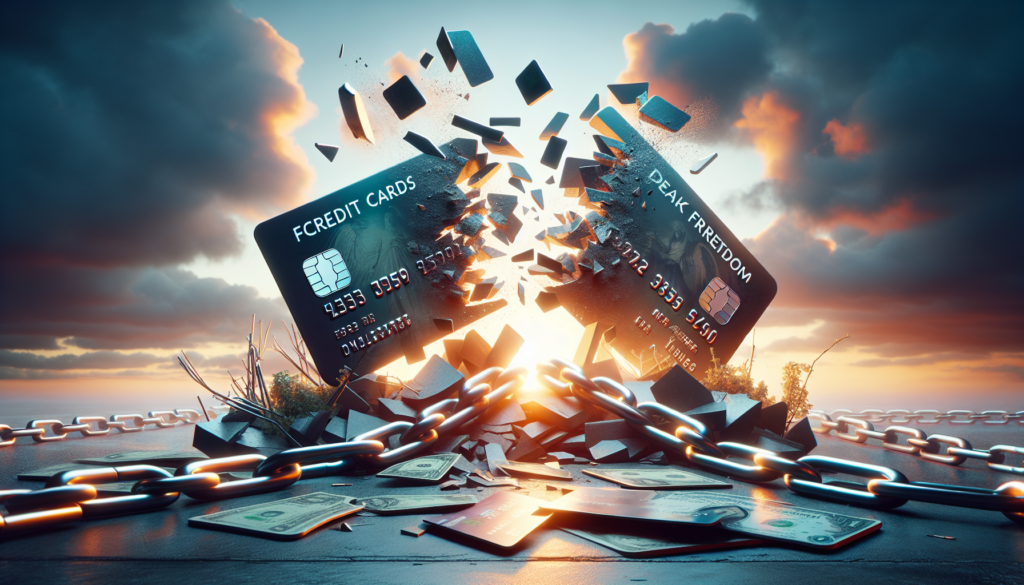
When you file for Chapter 7 bankruptcy, it’s highly likely that you will lose your existing credit cards. Credit card issuers typically cancel cards when they receive notification of your bankruptcy filing, regardless of whether you have a balance on the card. Here’s a more detailed look at what happens and what you can expect regarding credit cards and Chapter 7 bankruptcy:
-
Accounts Included in Bankruptcy:
- When you file for Chapter 7 bankruptcy, you’re required to list all your debts, including all credit card accounts, even those with zero balances.
- Credit card issuers will be notified of your bankruptcy filing. Most issuers will close your accounts upon learning of your bankruptcy, preventing further use of the card.
-
Accounts with Zero Balance:
- Even if a credit card has a zero balance, the issuer may close the account. Creditors often do not want to take the risk that you might run up a balance that you then cannot pay post-bankruptcy.
-
Reaffirmation Agreements:
- In some cases, a credit card company might offer a reaffirmation agreement, where you agree to repay the outstanding debt and the creditor agrees to let you keep the card. However, this is relatively rare for credit cards and might not be in your best interest, as it would leave you with a debt that could have been discharged.
-
Obtaining New Credit Cards:
- After your bankruptcy is discharged, you can start to rebuild your credit. This often involves obtaining new credit cards.
- Initially, you might only be eligible for secured credit cards or cards with higher interest rates and lower credit limits.
- Over time, as you use credit responsibly and rebuild your credit score, you can qualify for cards with better terms.
-
Rebuilding Credit:
- Using a new credit card wisely is one way to start rebuilding your credit after bankruptcy. This includes making purchases that you can afford and paying the balance in full each month.
- It’s crucial to avoid falling back into the patterns that led to the initial financial distress.
-
Impact on Credit Score:
- While the bankruptcy will have a significant negative impact on your credit score initially, responsible use of new credit can help improve your score over time.
Example Scenario:
After John’s Chapter 7 bankruptcy is discharged, all his credit card accounts are closed by the issuers. He applies for a secured credit card where he deposits $300 to receive a $300 credit limit. John uses this card for small purchases and pays the balance in full every month. Over time, his credit score begins to improve, and he starts receiving offers for unsecured credit cards with better terms.
While you will likely lose access to your existing credit cards after filing for Chapter 7 bankruptcy, this doesn’t mark the end of your credit journey. With careful planning and responsible financial behavior, you can rebuild your credit and eventually qualify for new credit cards, turning a new leaf in your financial life.


Get a Free Bankruptcy Case Evaluation